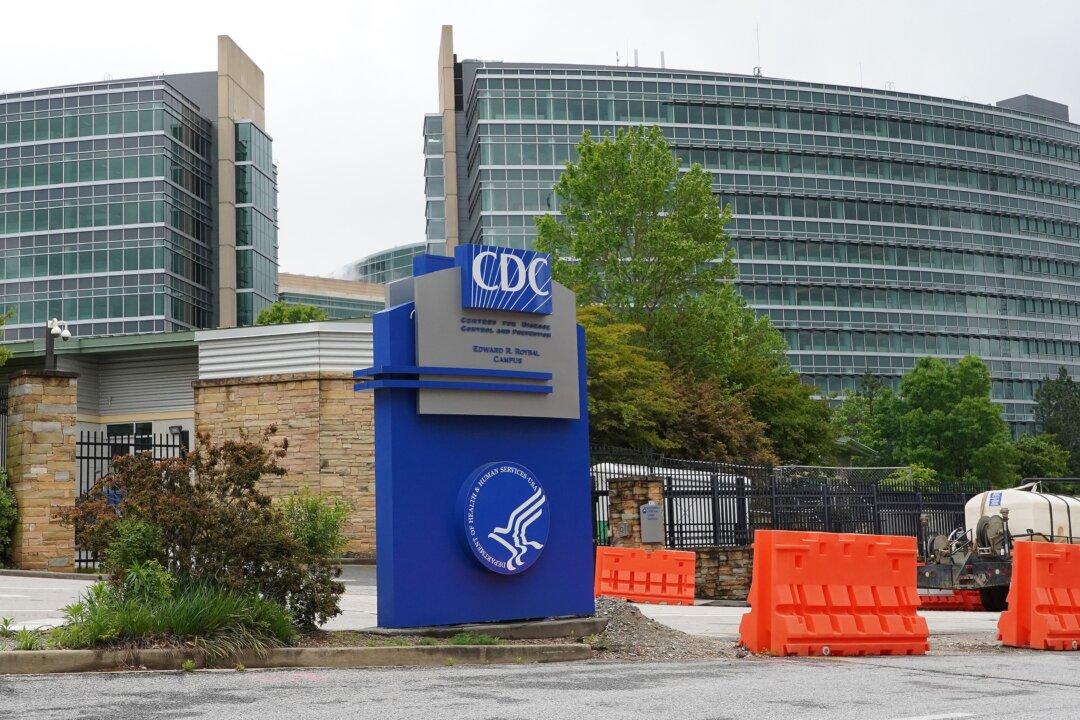New U.S. guidelines say people fully inoculated against COVID-19 can drop some precautions when gathering with others, but at least two provincial health ministers say existing public health advice holds for now.
The Centres for Disease Control and Prevention said Monday that Americans who have waited two weeks since their second required shot can spend time with other immunized people indoors without masks or social distancing.





